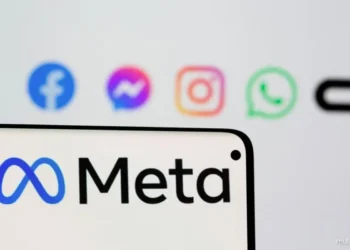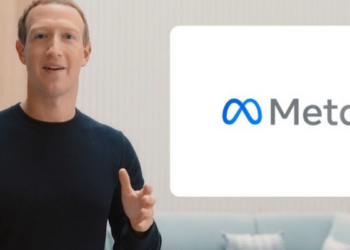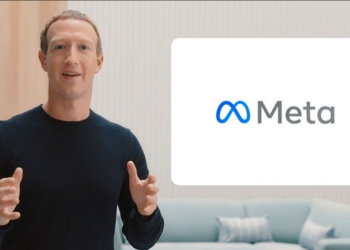From late January to early March 2019, it’s no longer going to be business as usual for Nigeria’s small and medium scale enterprises that depend on digital platforms like Facebook and Instagram to run promotions and create awareness for their products and services to prospective customers not within their immediate environment.
Facebook recently announced it will not accept political advertisements from outside Nigeria ahead of the upcoming 2019 general elections. The company said it was rolling out new rules to prevent foreign interference around the polls. These new measures by Facebook about political advertising was spurred out of the 2016 US elections incident, where Cambridge Analytica obtained the personal data of as many as 87 million users and sent out personalised ads to target same users.
With 2.27 billion monthly active users on Facebook according to Statists, and Nigeria accounting for 26 million active users, the social media platform has been a preferable medium for businesses to run their ad campaign, with a call-to-action that offers cheaper advert rate, and affording business owners control of ad reach; Facebook fortified their position as the best option for advert campaign.
When compared to other advert channels, Facebook comes first in terms of affordability. While large corporations buy full-page on newspapers and airtime to penetrate household through television and radio, small businesses are left with Facebook ads that offer variety of ad rate depending on their budget.
Though, SMEs secure advert space on newspapers, but they get lost within an ocean of ads; this is what differentiates Facebook. The social media platform offers small and medium businesses a standalone option, not competing with various ads for visibility. But with the Nigerian election campaign heating up, SMEs might take the backseat in the race for ad placement.
Battle for budget
This is a battle for budget and reach. Facebook might be offering at least $1 per ad, but that gets a small business about 4000 reaches, but how much can small and medium businesses budget for an ad that will surpass the expenditure of a single political party. In 2015, DailyTrust reported that Peoples Democratic Party (PDP) spent about N8.74 billion for media ads, while other opposition parties had an expenditure of N2.9 billion.
With these astronomical figures budgeted for the 2015 election, how much is expected to be spent on ads four years after? Somewhere around the range of ‘astronomical’ with three exclamation marks.
Water in the basket
So where does a small and medium business advert fit in, nowhere to be fair, as running an advert during a political period can be likened to pouring water into a basket, you end up with nothing but a receipt of wasted budget.
It is no news that paid content get more visibility, but contents funded with bigger budget get better visibility and reach. Corporate Business adverts running during this period are usually ongoing months before the political campaign period or booked in advance.
It is true that small and medium businesses are making their mark through Facebook ads, helping them compete better, but the social media platform plays to their disadvantage during the non-political season. Any media buying is more rewarding after the political season.
As a small and medium business owner, it is important to be strategic with media spending during the political campaign period, in order not to get lost in the race for visibility.























